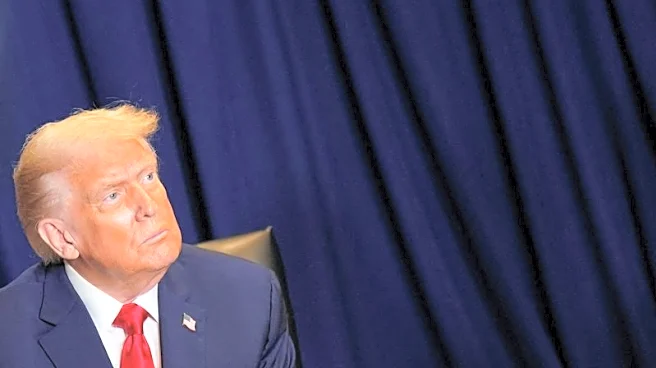By Philip Blenkinsop
BRUSSELS (Reuters) -The European Parliament began debating on Tuesday whether to make the EU-U.S. tariff deal conditional on concessions from Washington and limited in time, which could
reignite trade tensions with the Trump administration.
Under the deal, the United States is broadly imposing 15% tariffs on EU goods, while the European Union removes many of its duties on U.S. imports, a step that the European Parliament and EU governments need to approve.
Bernd Lange, the lead overseer in the EU assembly on the topic, set out five conditions to the European Parliament's trade committee, including an 18-month sunset clause and measures to respond to surges of U.S. imports of a given product.
Lange said producers of infant milk formula had expressed concern this might happen due to the imbalance of tariffs.
The German Social Democrat, who chairs the trade committee, said the U.S. must also remove the 50% tariffs it introduced in August, after the deal was struck, on the metal content of 407 products such as wind turbines and motorcycles.
Under Lange's plan, the EU would keep in place its tariffs on such U.S. products until a solution was found.
EU lawmakers will only vote on the plan in late January, but most on Tuesday - from the far-right to the hard-left - voiced their dissatisfaction with the deal. Many supported adding sunset and safeguard clauses and making suspension easier.
EU lawmakers and EU governments will have to negotiate a common text, which would probably secure final approval next March or April.
The European Commission, which negotiated the framework agreement, has said it is the best deal on offer, with the alternative a potentially trade-destroying 30% U.S. tariff.
A Commission official told lawmakers the deal had ensured stability and certainty, and the EU executive was urging Washington to limit tariffs on metal products to 15%.
(Reporting by Philip BlenkinsopEditing by Gareth Jones)









